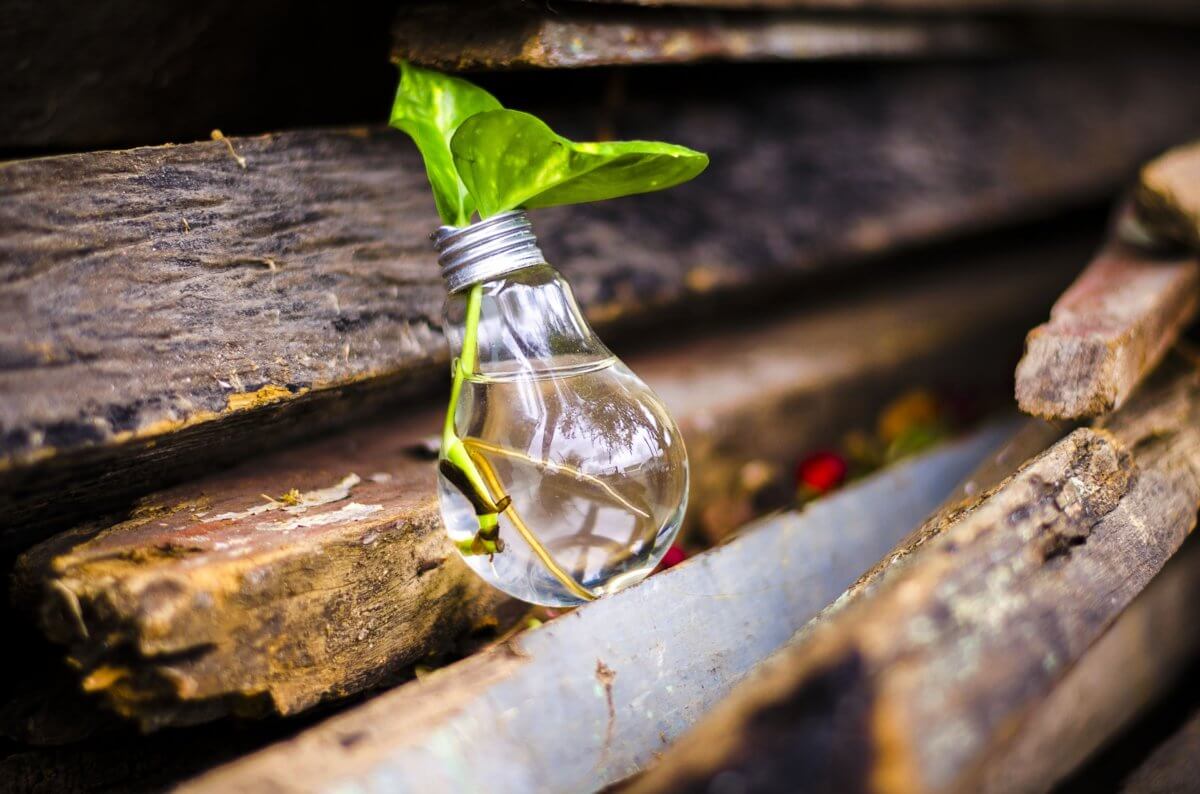Every year the average Australian family produces enough rubbish to fill a three-bedroom house, equating to a massive 2.25 kg of waste per day! Australia’s waste generation is one of the highest in the world, and it is time that we all do something about it. As individuals, we can make a big difference by simply reusing, reducing and recycling; decreasing our wastage and increasing our share of the recycling. However, avoiding waste generation in the first place is the best thing one can do. Just imagine what we could all accomplish if we were waste wise when shopping. Doing something as simple as buying in bulk and avoiding single packaging, bringing our own bags, using reusable containers and repairing items instead of replacing them.
With a community of more than 25,000 people, the Australian National University (ANU) has committed to act responsibly towards minimising waste. In recent years, the ANU has made significant efforts to reduce its contribution to landfill waste and is encouraging students and staff to recycle actively. With more than 200 recycling bins available to the public across the campus, there is no reason not to recycle.
Additionally, the Facilities and Services Division (F&S) has recently introduced a new waste system that weights all bins individually on collection. Not only will this allow for the clients to pay only for the waste produced but it will also help to identify the high waste generators and follow up with targeted education and initiatives to positively change waste behaviours.
It is exciting to announce that the ANU is the first university in Australia to introduce smart bin sensors. This allows the engagement of waste collection services only when the bins are full enough to be emptied, rather than the status quo where garbage trucks come no matter if the bins are full or not. This new system has resulted in a saving of nearly $25,000 in 2016/2017, or over $2,000 on a monthly basis. It has also contributed to the ANU’s carbon emissions reduction targets – reducing the university’s carbon footprint.
However, it can be hard to remember what can and can’t go into recycling. With new generations of students coming to campus every year, it is good to remind ourselves about what to throw in the yellow bin. We all remember the usual – paper, cardboard, tins/cans, glass bottles and jars, – but don’t forget that you can also recycle:
– Pizza boxes,
– Advertising material,
– Egg cartons,
– Envelopes (even the ones with the clear plastic window),
– Takeaway food containers and coffee cups.
Beyond this, it is essential that we recycle our old and broken electronic devices and batteries. Not doing so will prevent toxic heavy metals leaking into the soil and water. Special recycling containers for old batteries, mobile phones, computers and other electronic gadgets are across the campus. These containers are found in all the libraries, Anthony Low #124, CBE #26C, Jaeger #142 and JCSMR #131, or you can simply email waste@anu.edu.au, and they will direct you to the nearest drop-off location.
We acknowledge the Ngunnawal and Ngambri people, who are the Traditional Custodians of the land on which Woroni, Woroni Radio and Woroni TV are created, edited, published, printed and distributed. We pay our respects to Elders past and present. We acknowledge that the name Woroni was taken from the Wadi Wadi Nation without permission, and we are striving to do better for future reconciliation.
